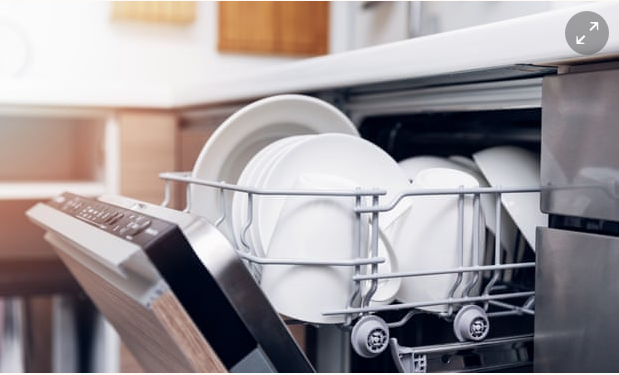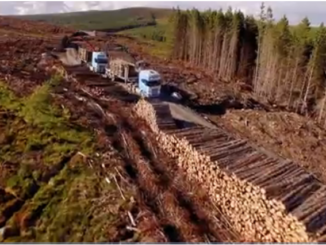
Rebecca Solnit’s article (Don’t despair: history shows we can still save the planet, 15 October) is another version of “Please someone else sort this out!” The hope on offer is that groups as yet unformed will emerge to save us from global catastrophe.
Today’s green organisations and political parties don’t have any answers. If they did, they would tell us all what to do. Neither do governments or big business. Why? Because they are only responding to our demands for cheap goods, easy living and endless economic growth in the rich countries of the world.
Only we the people can prevent catastrophic climate change in our lifetimes. Here are seven things that we can do now:
1. Never buy anything new until the old one breaks, including clothes. You’ll reduce demand for materials, their transportation around the planet and the pollution when they go to landfill.
2. Get rid of your dishwasher – it wastes energy and water.
3. Dig up the pavers and plant a garden. You’ll help prevent flooding.
4. If you live in a city, why do you need a car? Get the bus, cycle or walk. Hire a car to go on holiday.
5. Turn off the lights at bedtime.
6. Buy local produce; cut down food miles.
7. Persuade your neighbours to do the same.
Opinion pieces don’t help if they don’t offer practical solutions.
Jo Steranka
Clacton-on-Sea, Essex
• Rebecca Solnit is right to be optimistic about the future even if it won’t be easy to reduce our dependency on fossil fuels. Wind and solar plant can now generate cheaper electricity than coal or gas, if only because wind and sunlight are free. Furthermore, as the cost of battery storage falls, renewable energy will become increasingly competitive to the extent that those, like Donald Trump, who try to support hydrocarbon technology will actually handicap their own economies and make them less competitive in future.
Rolling out renewable energy capacity is not just about protecting the environment but also about running a successful economy in the 21st century.
Liam O’Keeffe
Abinger Hammer, Surrey
• The battle between public broadcasting and news and entertainment provided by organisations using cloud-based technologies is not only commercial (Update law to keep us top of TV listings, say public broadcasters, 15 October). And it is not only culture and democracy at stake here. The cloud is a euphemism for lots of Earth-based energy-hungry servers, and streaming accounts for a big fraction of internet traffic already.
In the light of climate scientists’ ever more urgent calls for drastic reductions in dangerous emissions, champions of public service broadcasting should add its modest call on future precious electricity to its case.
Sara Parkin
Sustainability Literacy Project
• It is “great, so very great” that after three of the most damaging hurricanes in US history, President Trump is at least acknowledging that climate change is probably a “real thing”, if not yet believing it is manmade (Trump says climate change is no hoax, but claims ‘it will change back again’, 16 October).
Yet he goes on to berate climate scientists for “having a political agenda”. If only as many politicians had a scientific agenda, we might actually be able to get something useful done.
Andrew Tinsley
Henley-on-Thames, Oxfordshire
• Your profile of the Institution of Engineering and Technology’s report on the urgent need to retrofit thousands of homes to meet the Uk’s climate targets highlights the government’s failures (UK’s housing stock ‘needs massive retrofit to meet climate targets’, 11 October). However, putting the focus on retrofitting social housing is misguided. As our recent report on poor condition housing in the north shows, the highest level of non-decent poorly insulated homes is in the private sector – mostly among older homeowners. The social housing stock is in a much better state than the private rented or owner-occupied homes.
Paul Hackett
Director, the Smith Institute
Source: https://www.theguardian.com/environment/2018/oct/17/how-you-can-do-your-bit-in-the-war-against-climate-change
Visits: 42




Be the first to comment